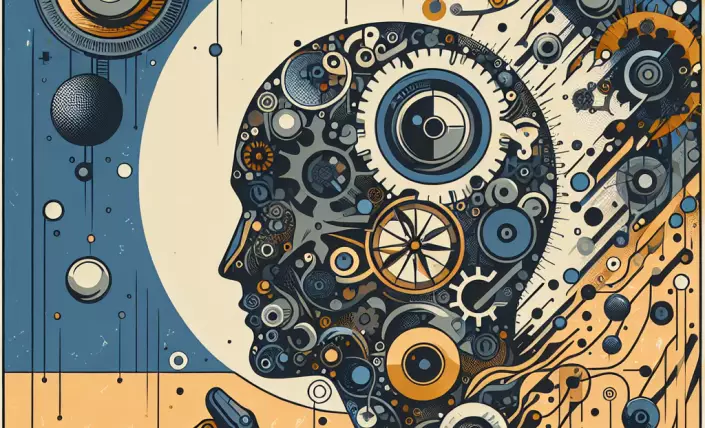In the intricate tapestry of human existence, the desire for control weaves itself deeply into the fabric of our lives. We yearn to steer the course of events, to mold the future according to our will, and to predict with certainty the outcomes of our actions. Yet, Friedrich Hayek, the renowned philosopher and economist, challenges this very inclination. He posits that the pursuit of control, especially through centralized planning and decision-making, is not only misguided but fundamentally flawed. The inherent complexity of social systems, Hayek argues, renders any attempt at comprehensive control not just difficult, but impossible. This reflection invites us to reconsider our understanding of control in both societal and personal contexts, urging us to embrace the unpredictability and spontaneity that characterize human life.
Hayek’s insights into the limits of knowledge and the dispersed nature of information compel us to confront the illusion of certainty. In a world where knowledge is decentralized, residing in the minds of countless individuals each possessing unique perspectives and experiences, any centralized attempt to dictate outcomes is doomed to overlook crucial nuances. This revelation invites a profound reflection on how we navigate our personal lives. Just as central planners cannot anticipate the vast array of individual preferences and circumstances, we too must acknowledge the limitations of our foresight. Life is replete with variables beyond our control, and in our quest for certainty, we often overlook the beauty that lies in the unexpected. Embracing this uncertainty can liberate us from the anxieties of control, allowing us to live more authentically in the present moment rather than in a perpetual state of anticipation.
Moreover, Hayek’s notion of spontaneous order offers a compelling lens through which to view the natural evolution of societies and personal growth alike. Spontaneous order arises not from meticulous planning, but from the free interactions of individuals pursuing their own interests. This concept invites us to reconsider the value of flexibility and adaptability in our personal narratives. As we navigate the complexities of life, rigid adherence to predefined plans can stifle creativity and hinder personal development. Instead, by fostering an openness to change and an acceptance of the serendipitous nature of life, we can cultivate resilience and foster innovation. The recognition that not all outcomes can or should be controlled empowers us to engage with our environments more dynamically, embracing the chaos as an integral component of growth and discovery.










